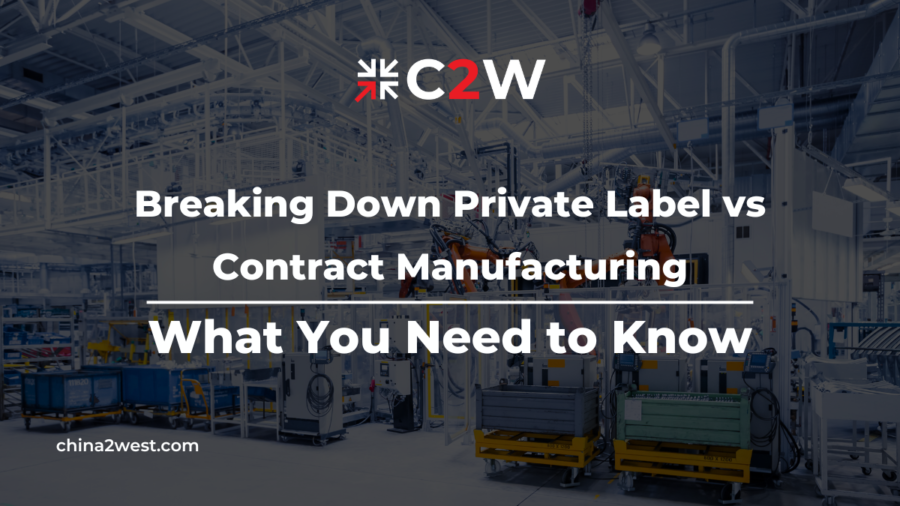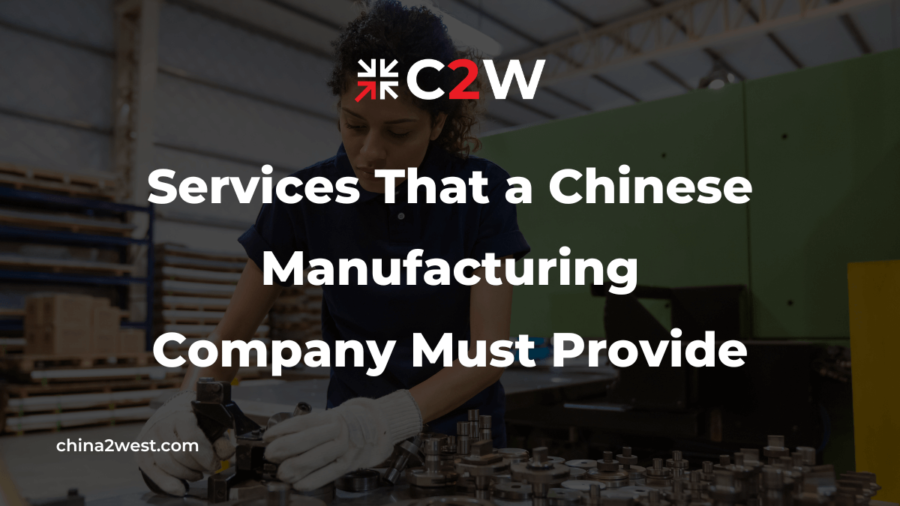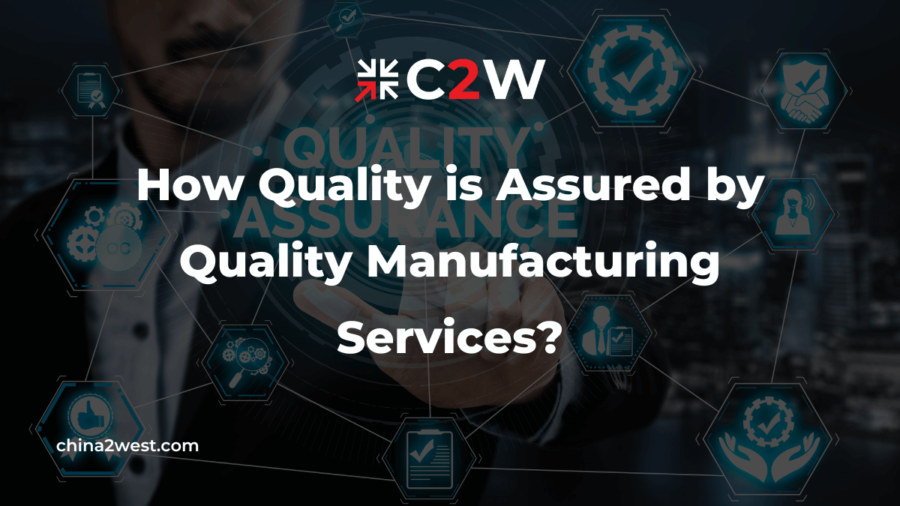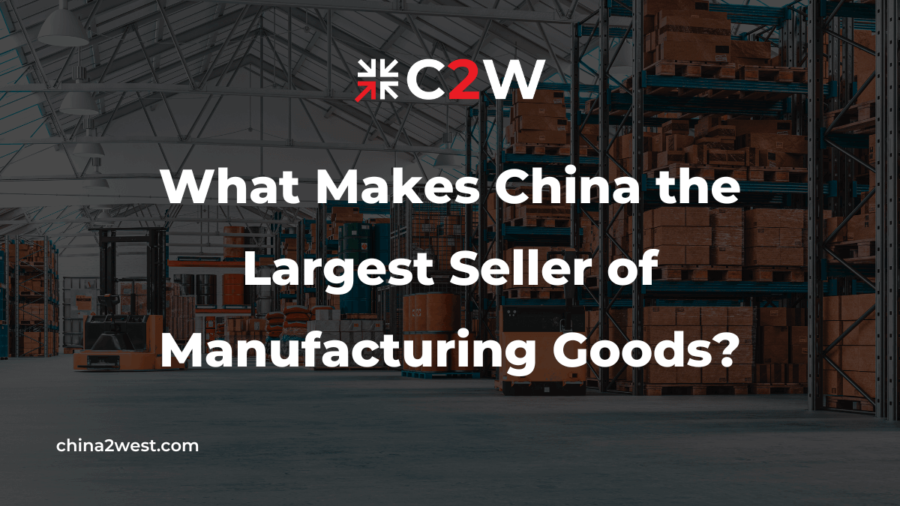When it comes to manufacturing, companies have two main options to choose from: private label manufacturing and contract manufacturing. Both of these strategies involve outsourcing production, but they differ in many aspects. Private label manufacturing involves creating products under a company’s brand name, while contract manufacturing involves producing goods for other companies based on their specifications. In this blog post, we will break down the key differences between private label and contract manufacturing and help you understand which approach is best suited for your business needs.
Concept of Private Label Manufacturing
In the bustling world of business, private label manufacturing emerges as a popular strategy. In this arrangement, a company partners with a manufacturer to create a product, which will then be sold under the company’s brand. Rather than building a product from the ground up, the company selects a proven, existing product from the manufacturer’s line and simply places its brand on it. This provides an efficient way for companies to broaden their product offerings without the necessity for extensive research, development, and testing. Essentially, it’s all about leveraging an already successful product, rebranding it, and introducing it as a fresh addition to their range. This approach provides a fast-track method to augment product lines, relying on the tested and trusted products of established manufacturers.
Advantages of Private Label Manufacturing
Private label manufacturing offers several advantages for businesses looking to create and sell their own branded products without having to manufacture them in-house.
Lower Investment
The most attractive is its uncomplicated nature and economic feasibility. Instead of pouring money into heavy capital investments for production equipment, companies can harness the established resources and proficiency of experienced manufacturers. It’s like having a backstage pass to the manufacturing world, where all the heavy lifting is done for you.
Time Savings
Setting up and running a manufacturing facility can be time-consuming. By using private labeling, the time it takes for a product to reach the market is dramatically reduced, as the product is already developed, tested, and ready for rebranding. Private label manufacturing enables businesses to bring products to market more quickly by leveraging the existing production capabilities and expertise of the private label manufacturer.
Wider Product Range
Private-label manufacturing enables businesses to offer a broader range of products without the need for extensive research and development. This can help attract a diverse customer base and cater to different market segments.
Higher Profit Margins
Not to be overlooked is the potential for high profit margins, as you’re in the driver’s seat when it comes to setting pricing strategies. Without any external influence from manufacturers, you can flexibly price your products in a way that maximizes profits.
Delving into Contract Manufacturing
Contract manufacturing treads a different path in the product creation journey. Instead of simply adding your label to an existing product, this strategy lets you design your product, maintain complete control over its quality, and dictate its production. Think of it as hiring an expert craftsman to bring your vision to life. You provide the blueprint and they take care of the craftsmanship. The main perk here? Your focus stays on your core competencies, while the manufacturing magic happens in the hands of the seasoned professionals you’ve partnered with. In this scheme, you remain in the pilot’s seat of your product’s journey from idea to reality, all while leaving the manufacturing heavy lifting to the experts.
The Pros of Contract Manufacturing
Embracing contract manufacturing unlocks a myriad of advantages for businesses. At the forefront is the opportunity for significant cost savings. By opting to outsource the production process, you bypass the hefty financial commitment tied to acquiring and maintaining manufacturing equipment and infrastructure. It’s a lean approach that keeps your overheads in check, while simultaneously enabling production scalability.
Next up is capacity enhancement. Contract manufacturing allows businesses to expand their production capabilities without needing to invest in additional facilities or resources. Imagine the power of being able to ramp up or scale down production based on market demands, without directly shouldering the operational burden.
Additionally, contract manufacturers are typically experts in their field, bringing a wealth of specialized knowledge and advanced manufacturing technologies to the table. Partnering with them can lead to an uplift in product quality and a more streamlined production process, giving you a competitive edge in the marketplace.
Considerations in Choosing Your Manufacturing Approach
Deciding between private label and contract manufacturing hinges on various strategic aspects.
Financial Considerations
The cornerstone of this decision should be your firm’s financial capabilities. Can your business shoulder the costs associated with the equipment and resources required for one approach over the other? You need to evaluate your budget and determine whether you prefer to invest more in marketing and branding (private label) or production capabilities (contract manufacturing).
Control and Customization
Additionally, how much control do you wish to exert over the product’s design and quality? If a company seeks more control over product design, branding, and marketing, private label manufacturing may be preferable.
Long-Term Goals
Consider your company’s future trajectory. Are you planning to diversify your product line rapidly or are you aiming for a more controlled, quality-focused expansion? Each approach can support different growth strategies. Private label manufacturing can swiftly broaden your product range, while contract manufacturing allows for deeper focus and customization on each product.
Success is in the Strategy
Choosing the right manufacturing strategy is akin to laying a solid foundation for a building. It can determine how high your brand can soar. Whether you opt for private label or contract manufacturing, what truly matters is a harmonious alignment between your chosen strategy and your overall business goals.
In this case, you must collaborate with a trustworthy manufacturer who comprehends your business vision and can consistently deliver premium quality products within your preferred timeline. Like the rhythmic steps of a well-choreographed dance, your manufacturing plan must move in perfect sync with your broader business strategy. Contact us today and enjoy a journey that starts with a well-crafted strategy by our bilingual experts.




